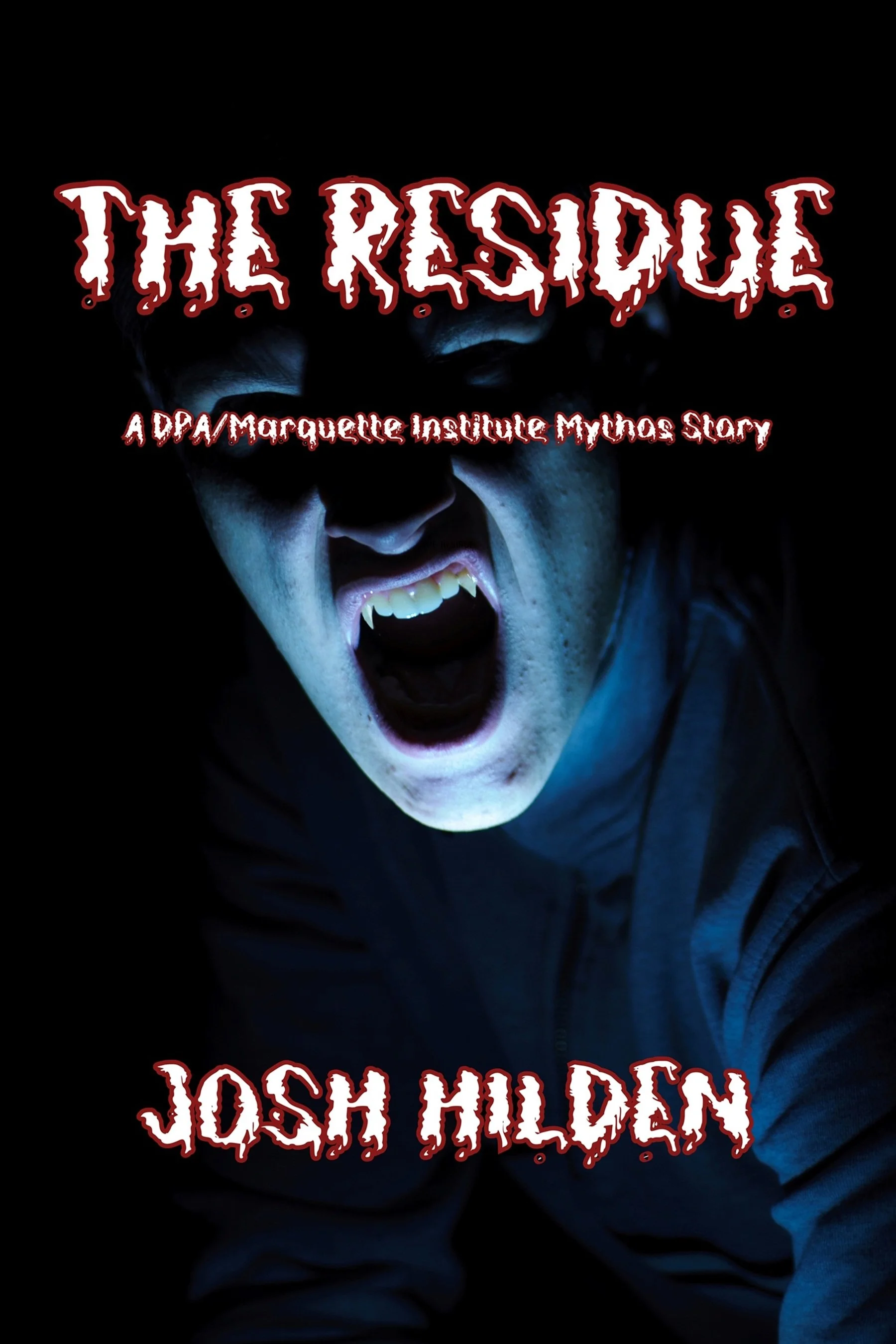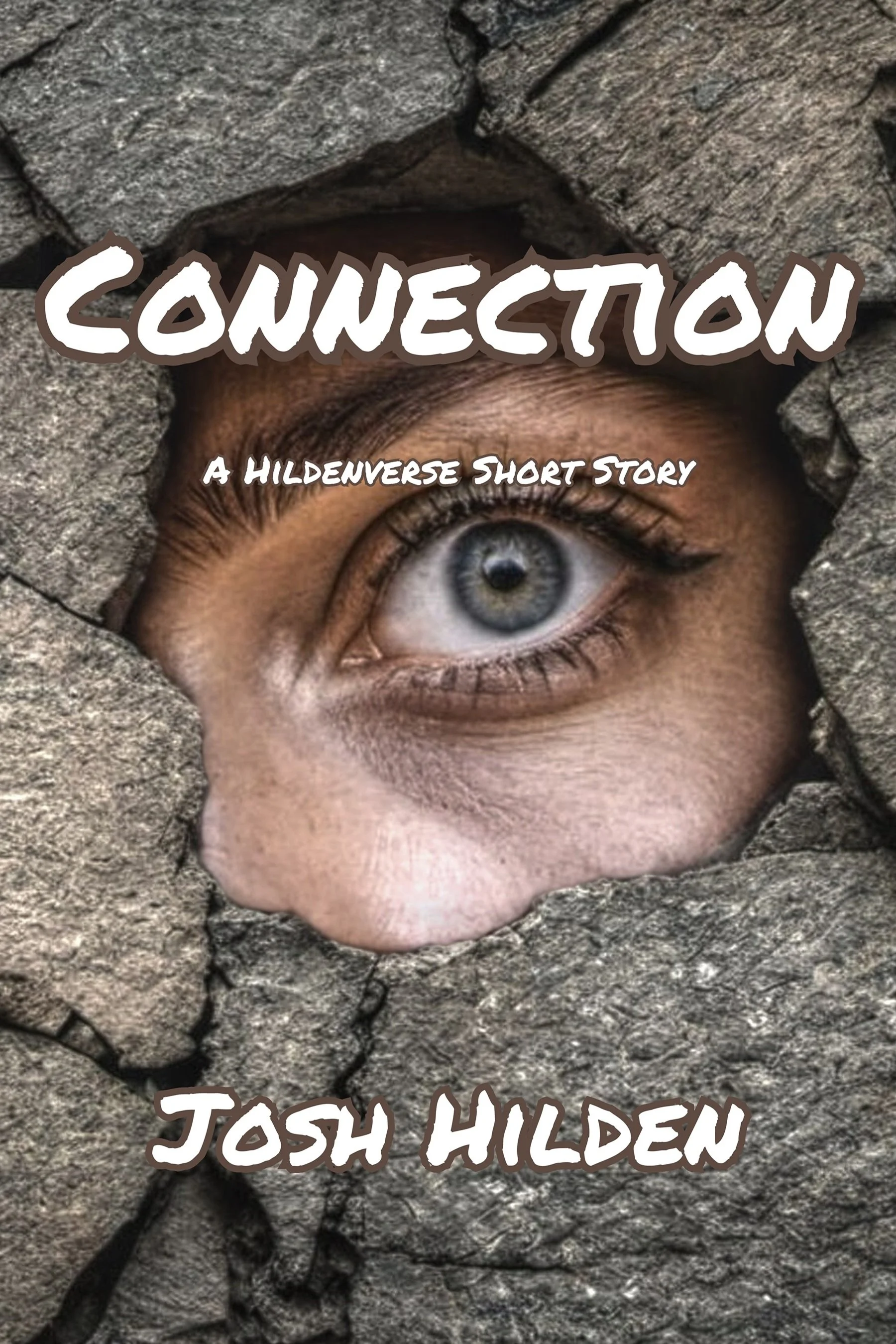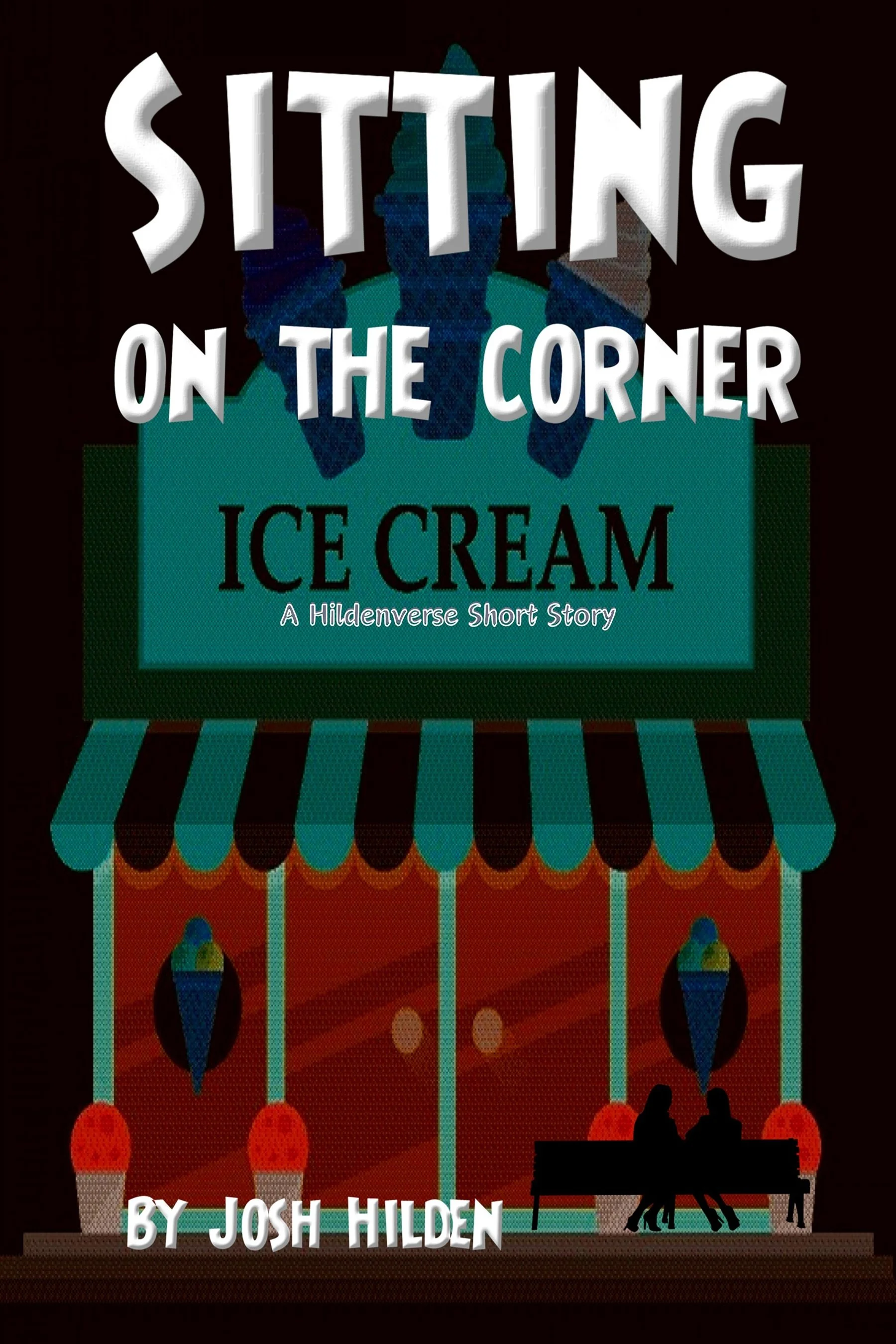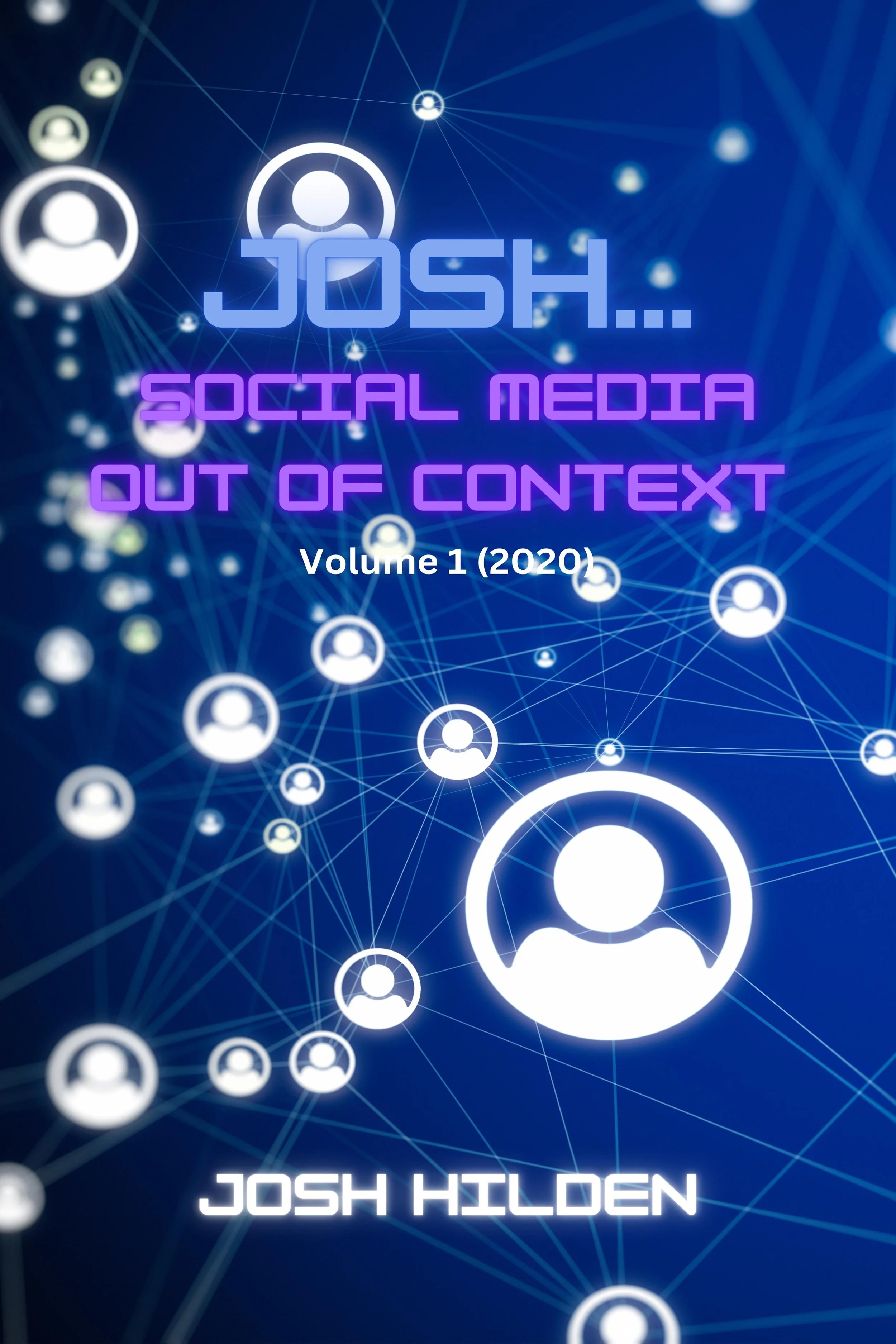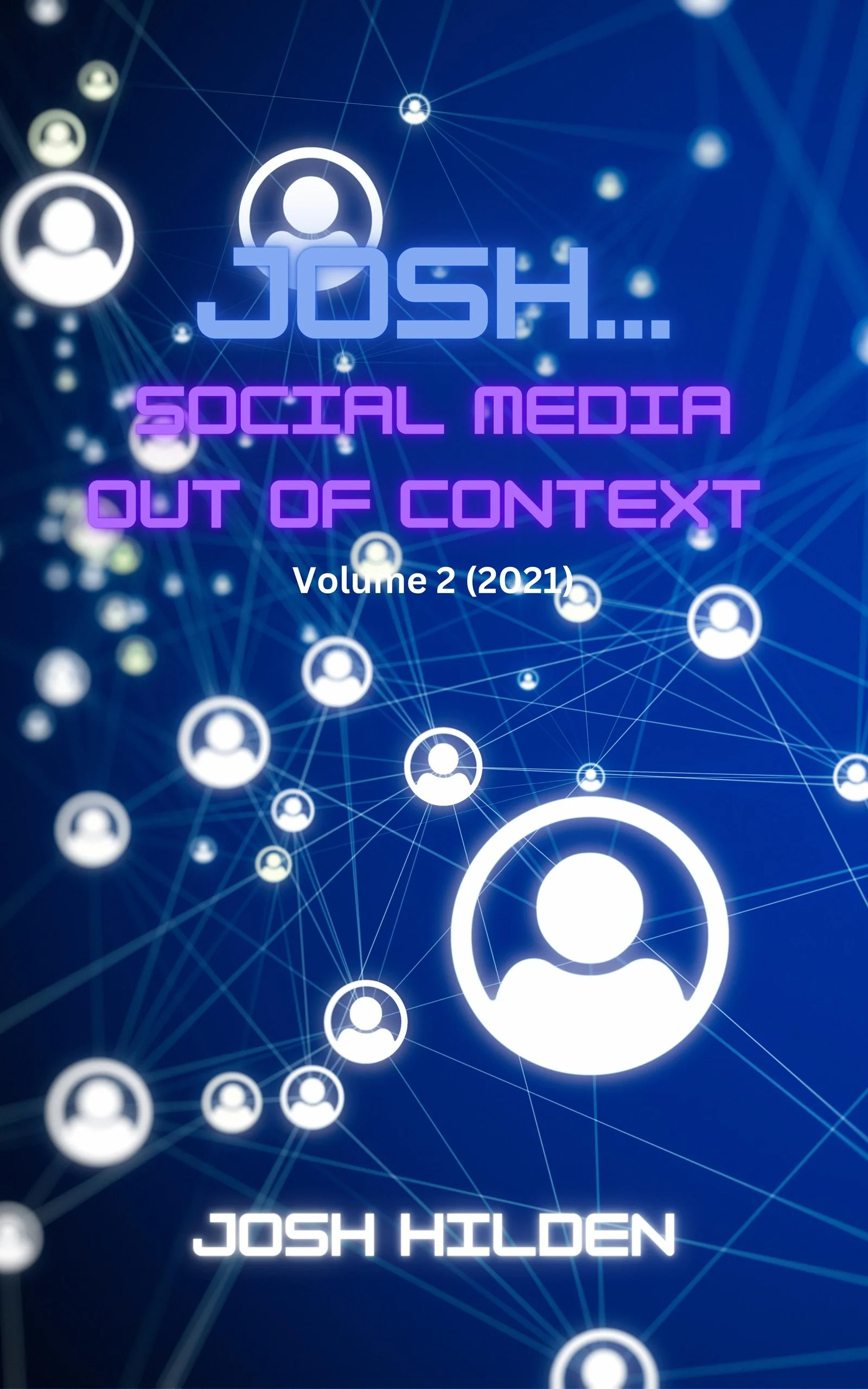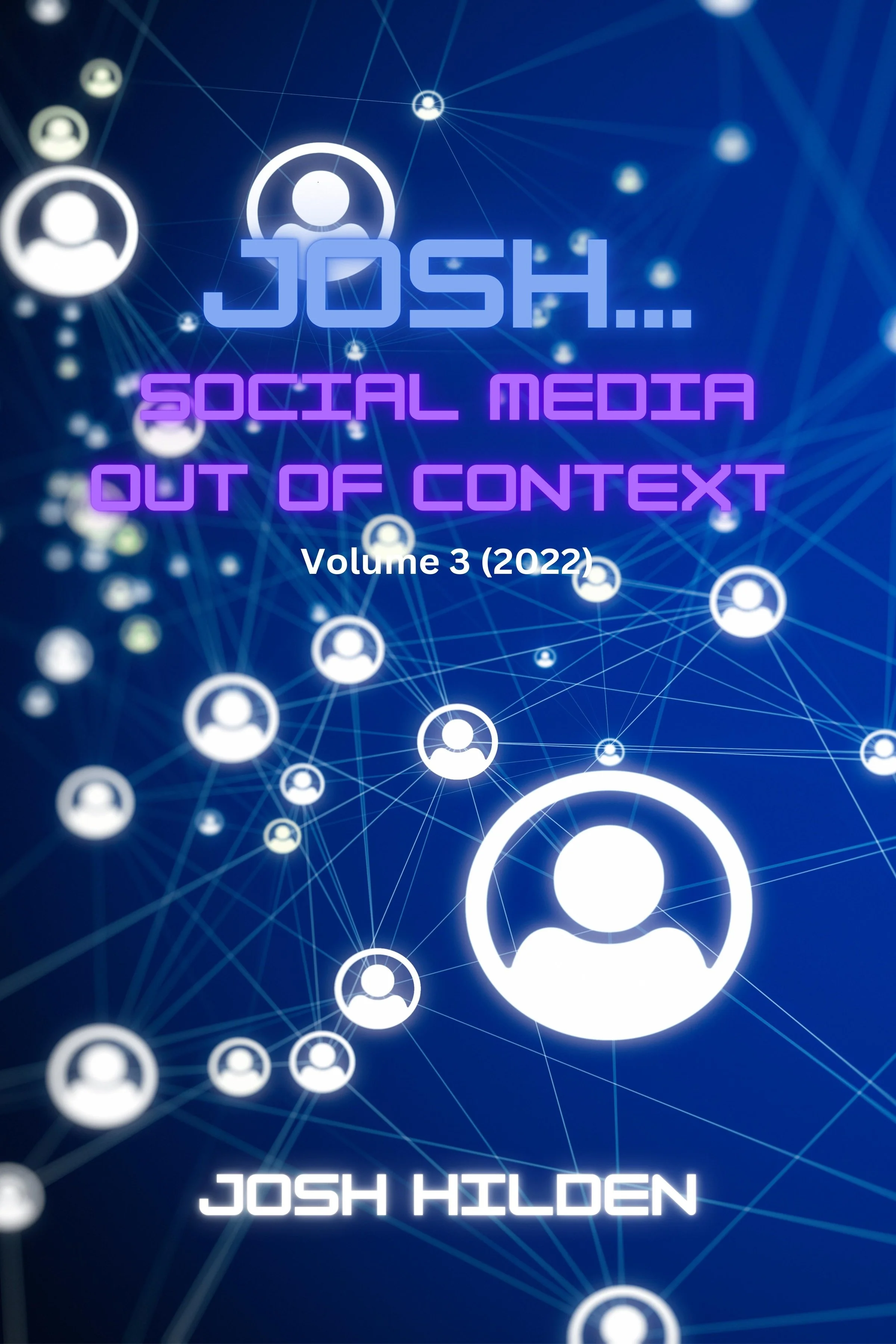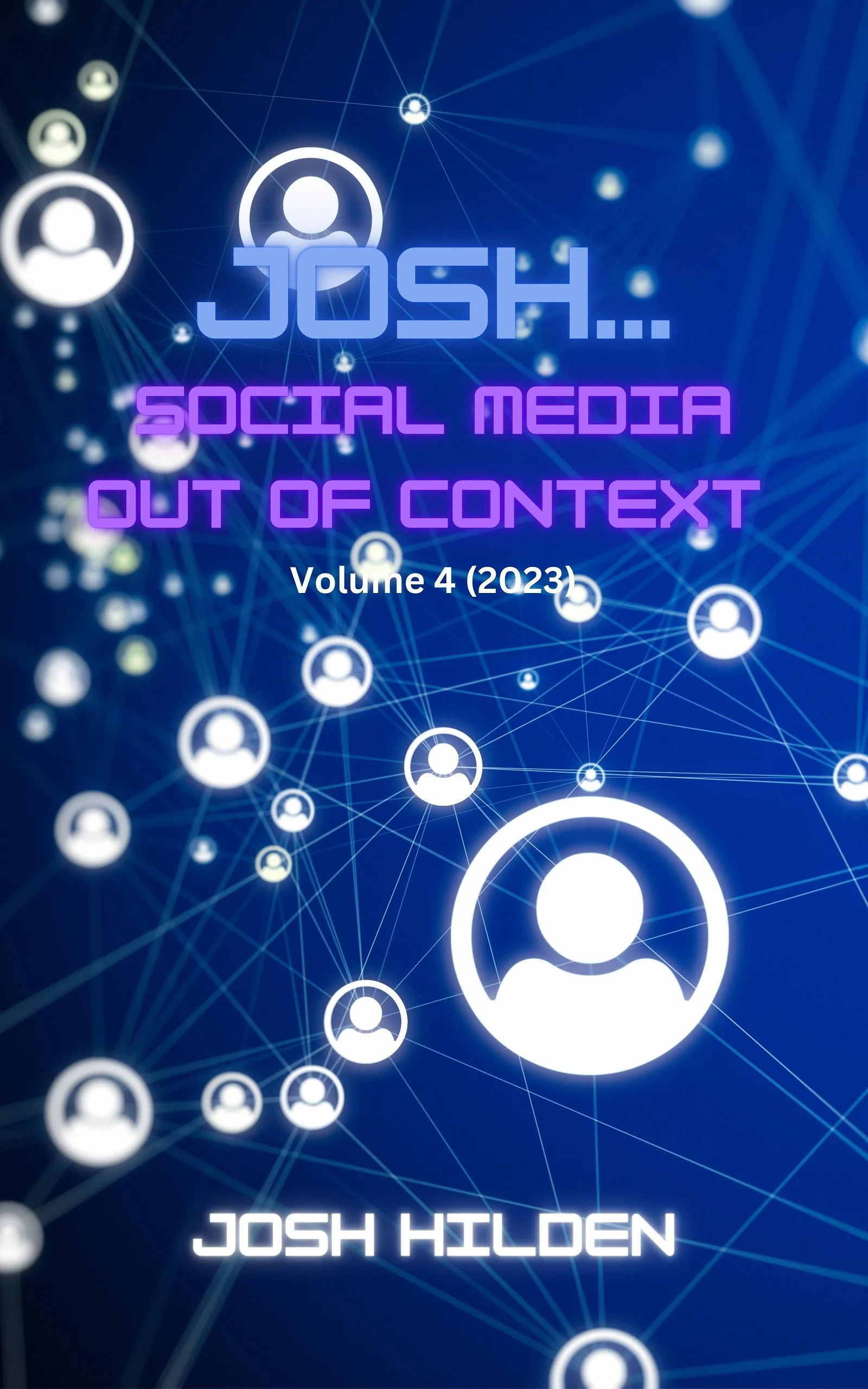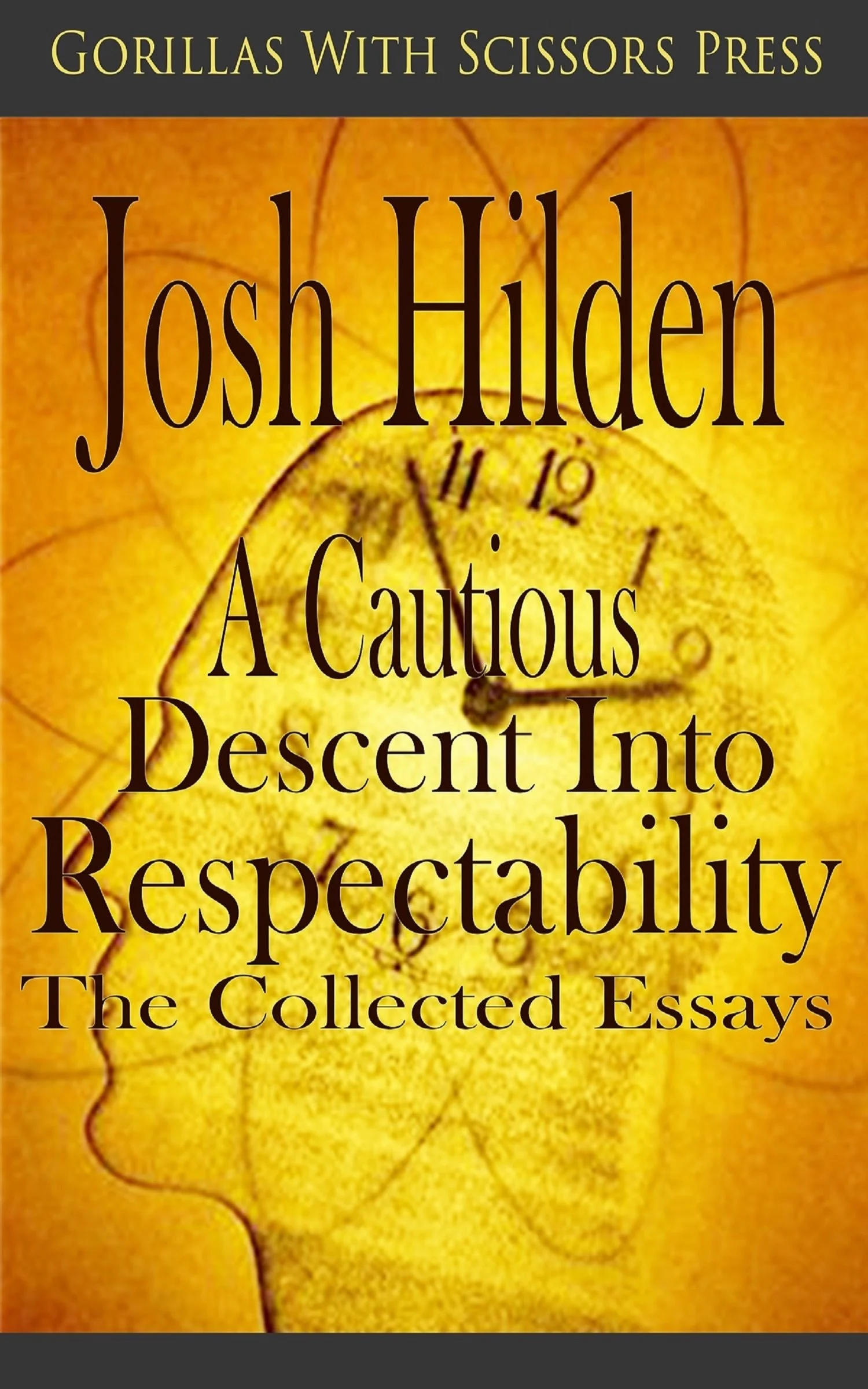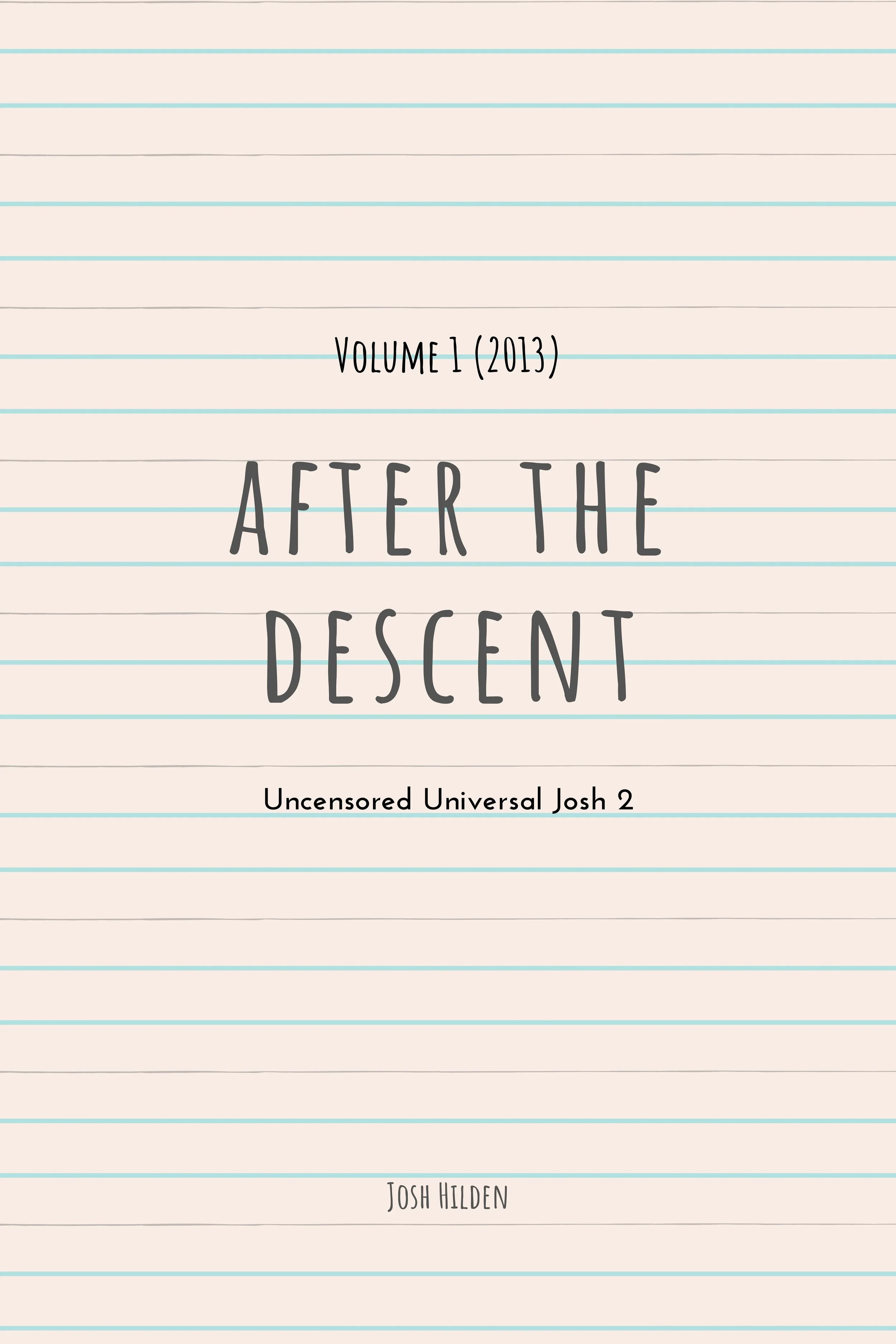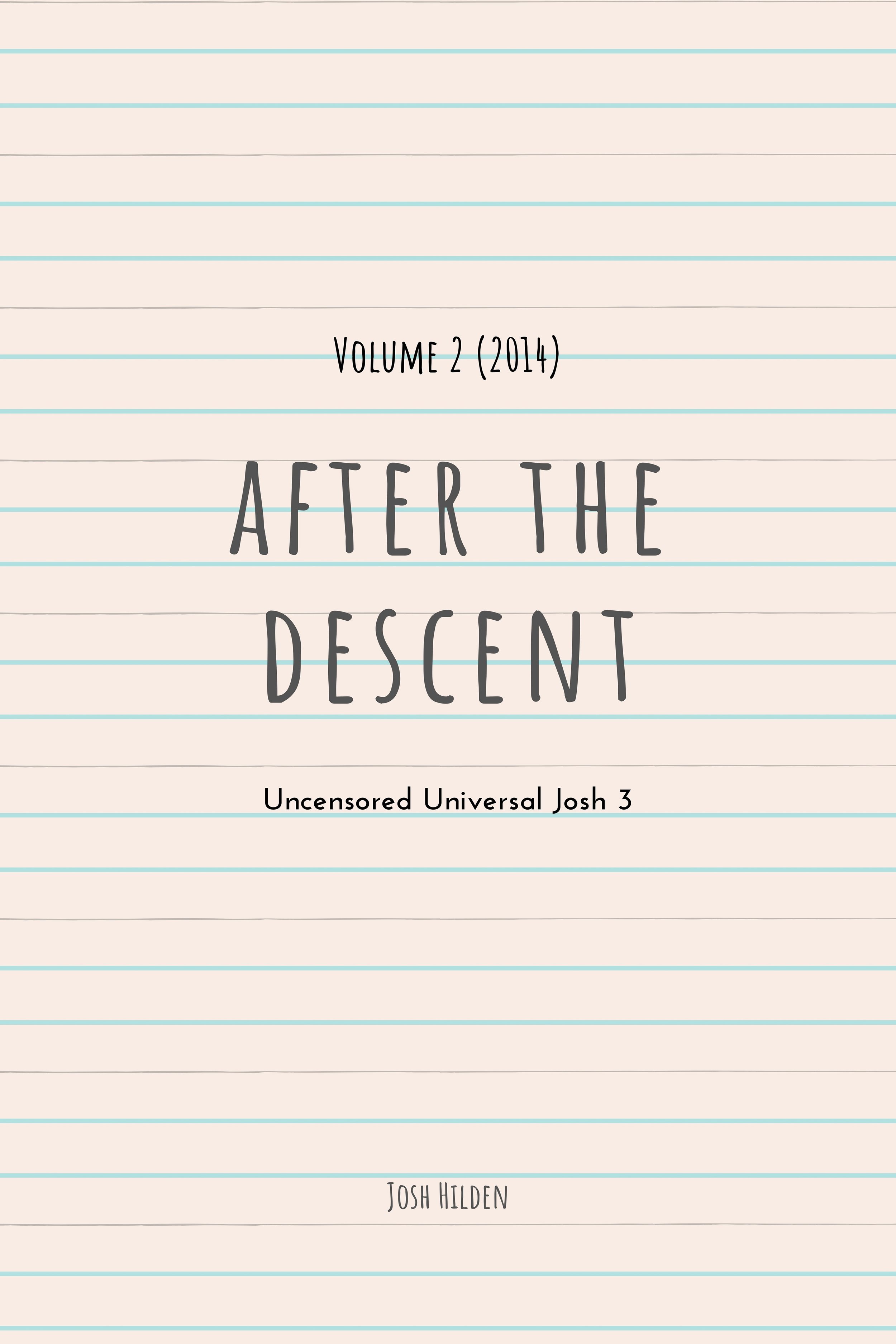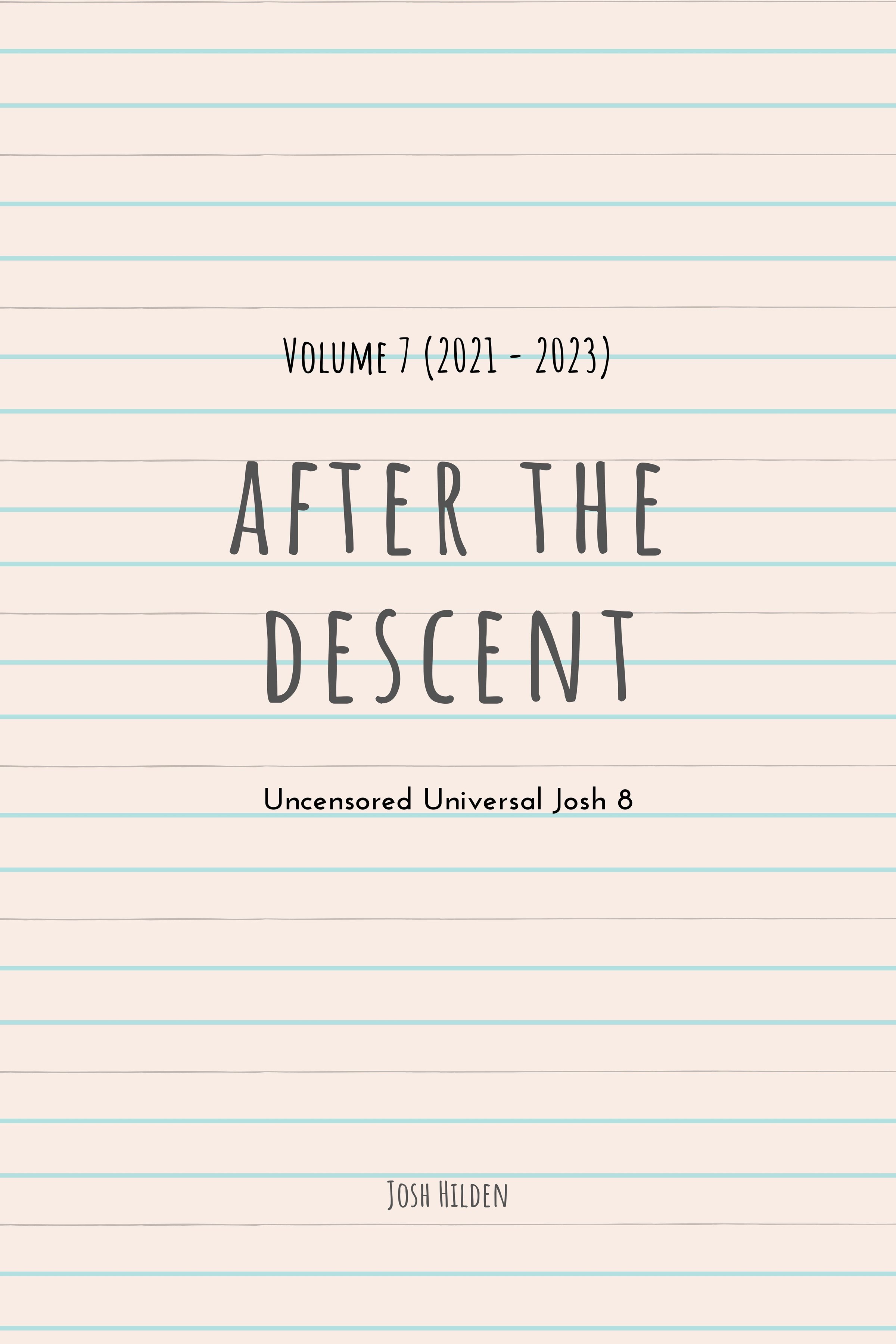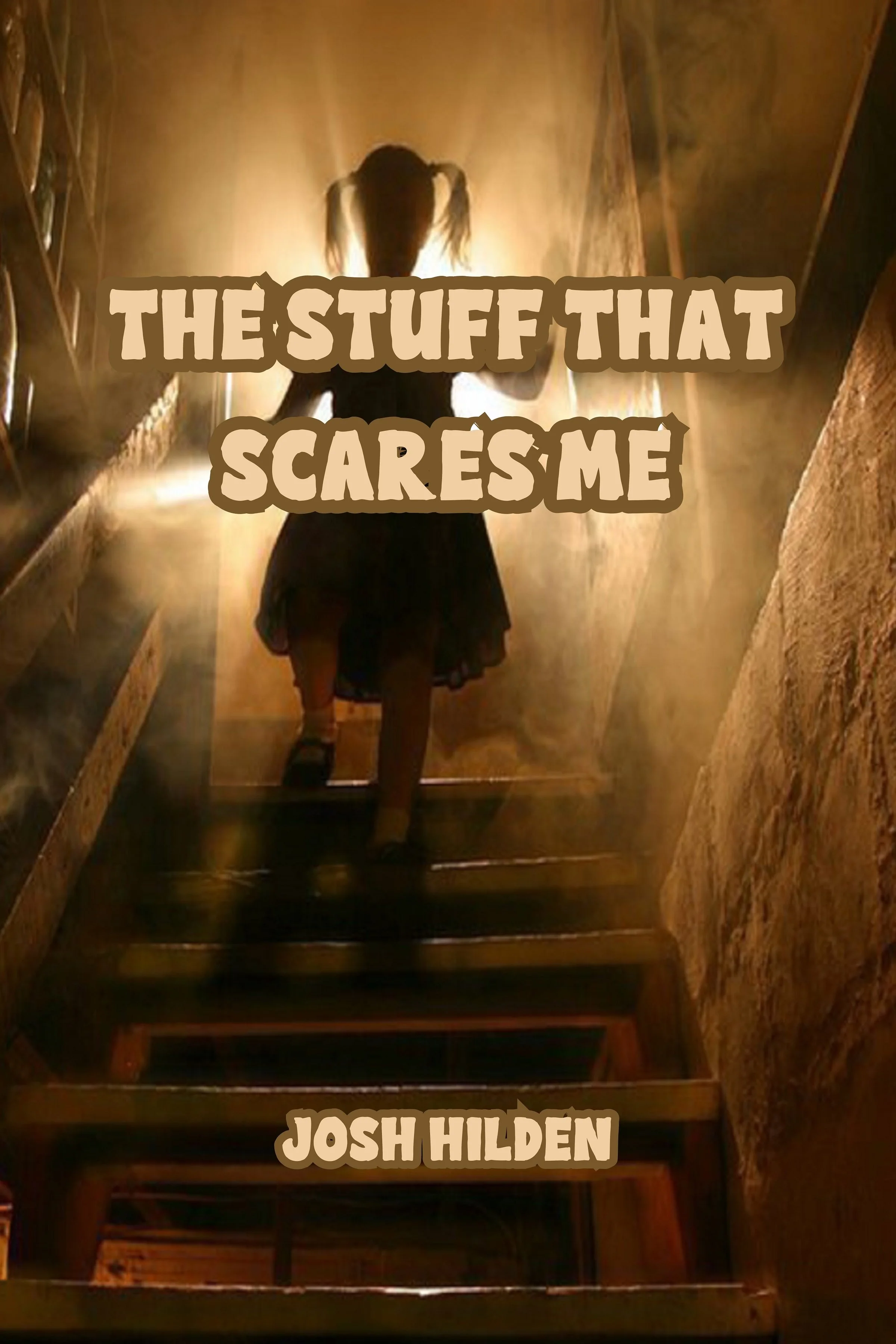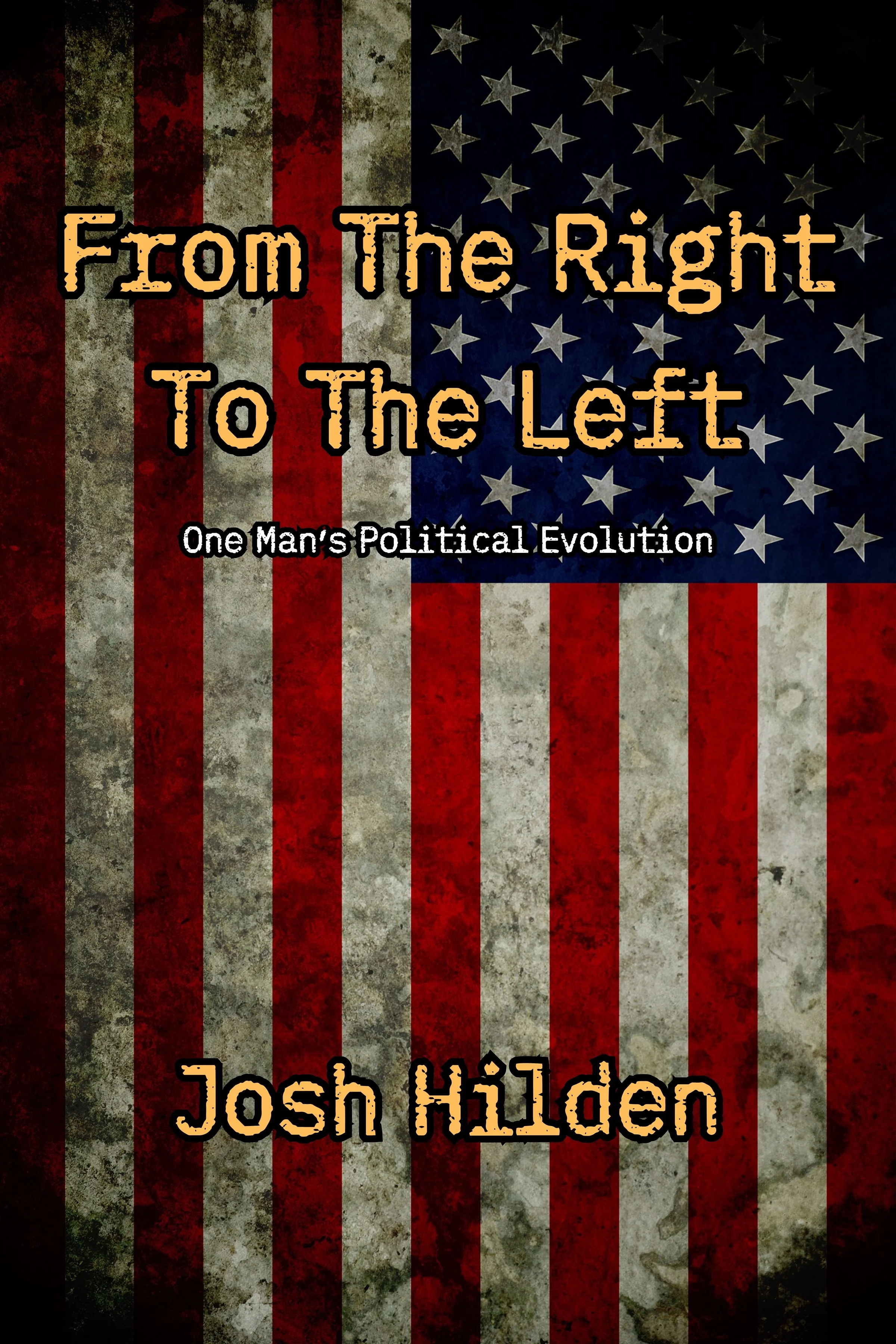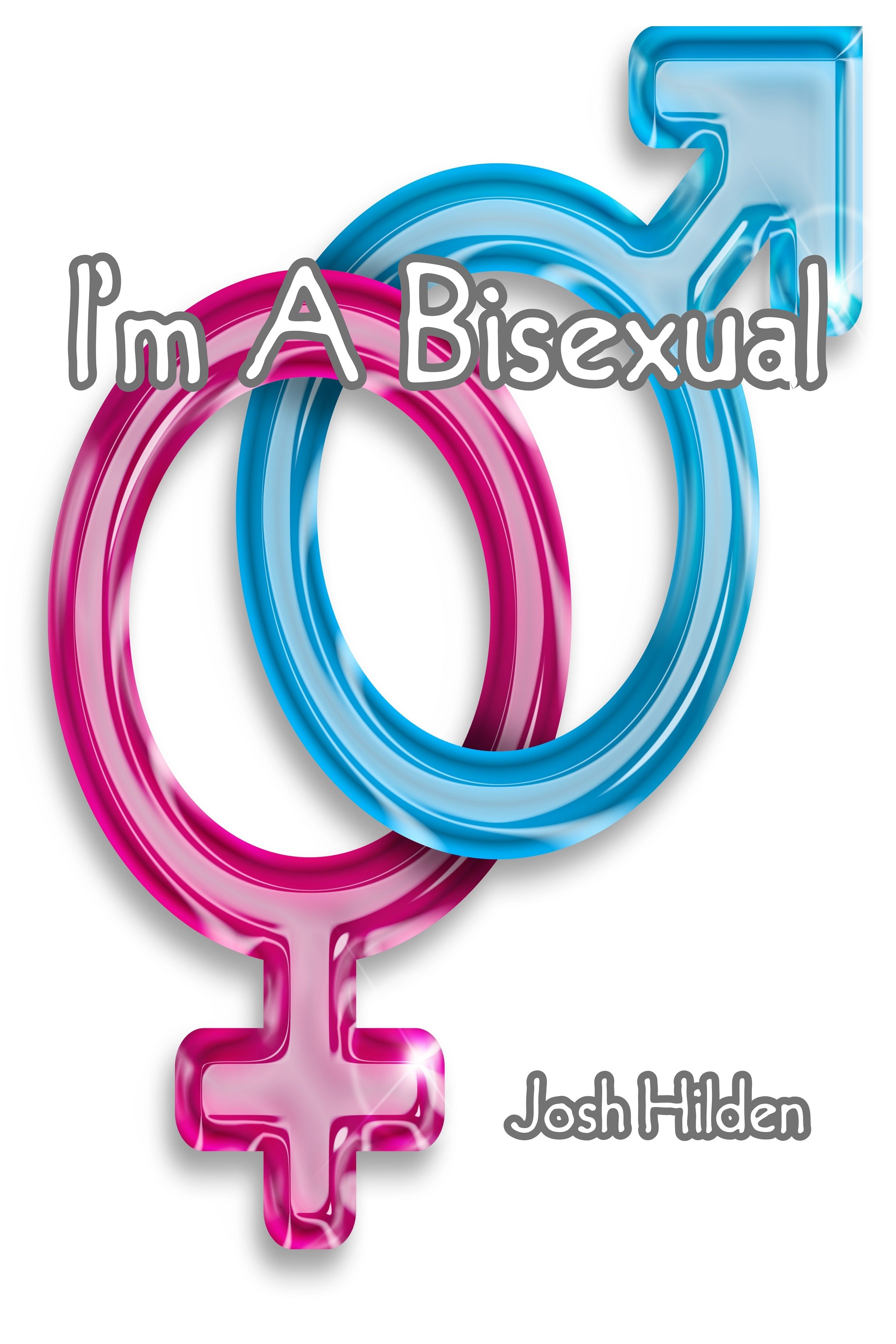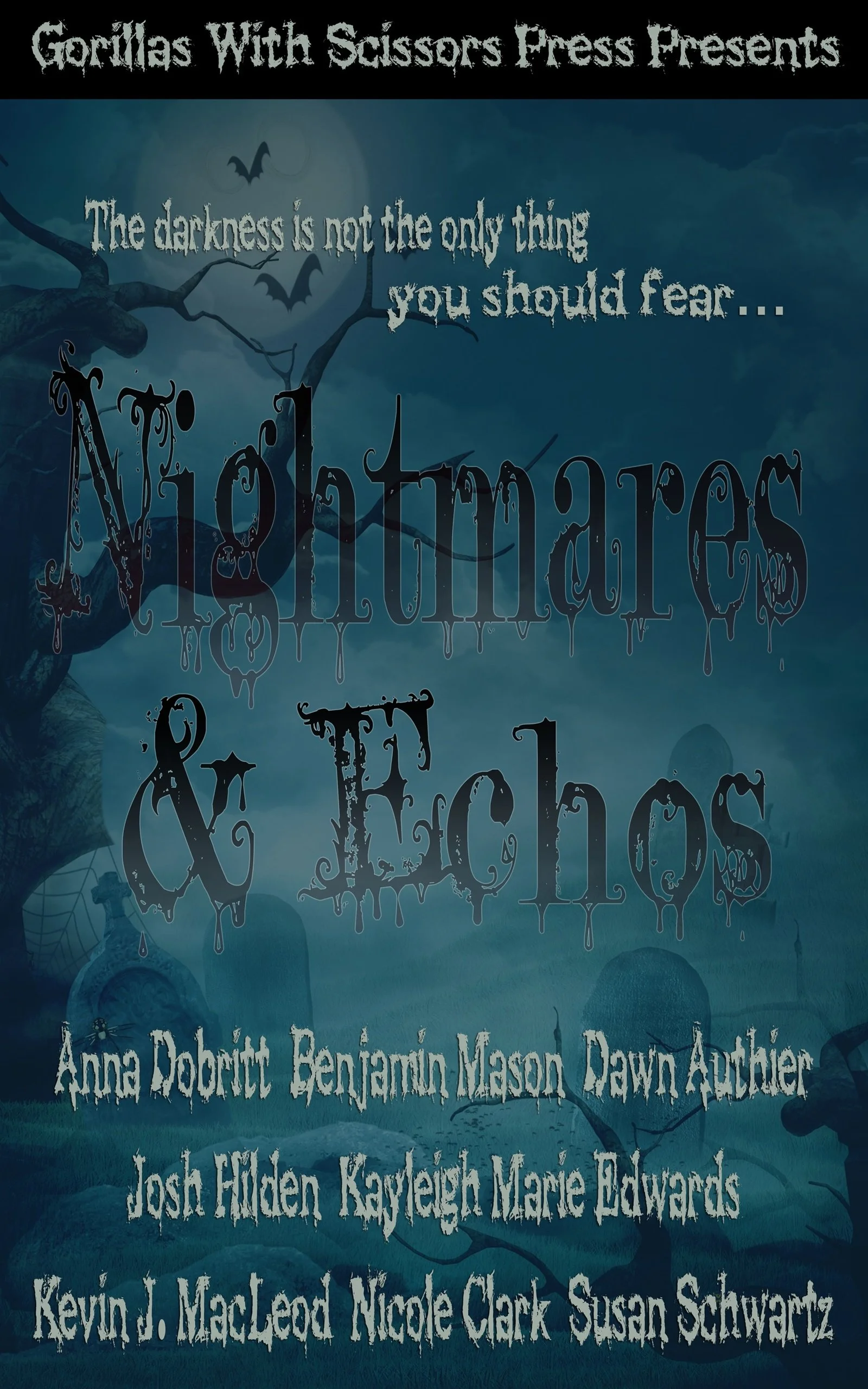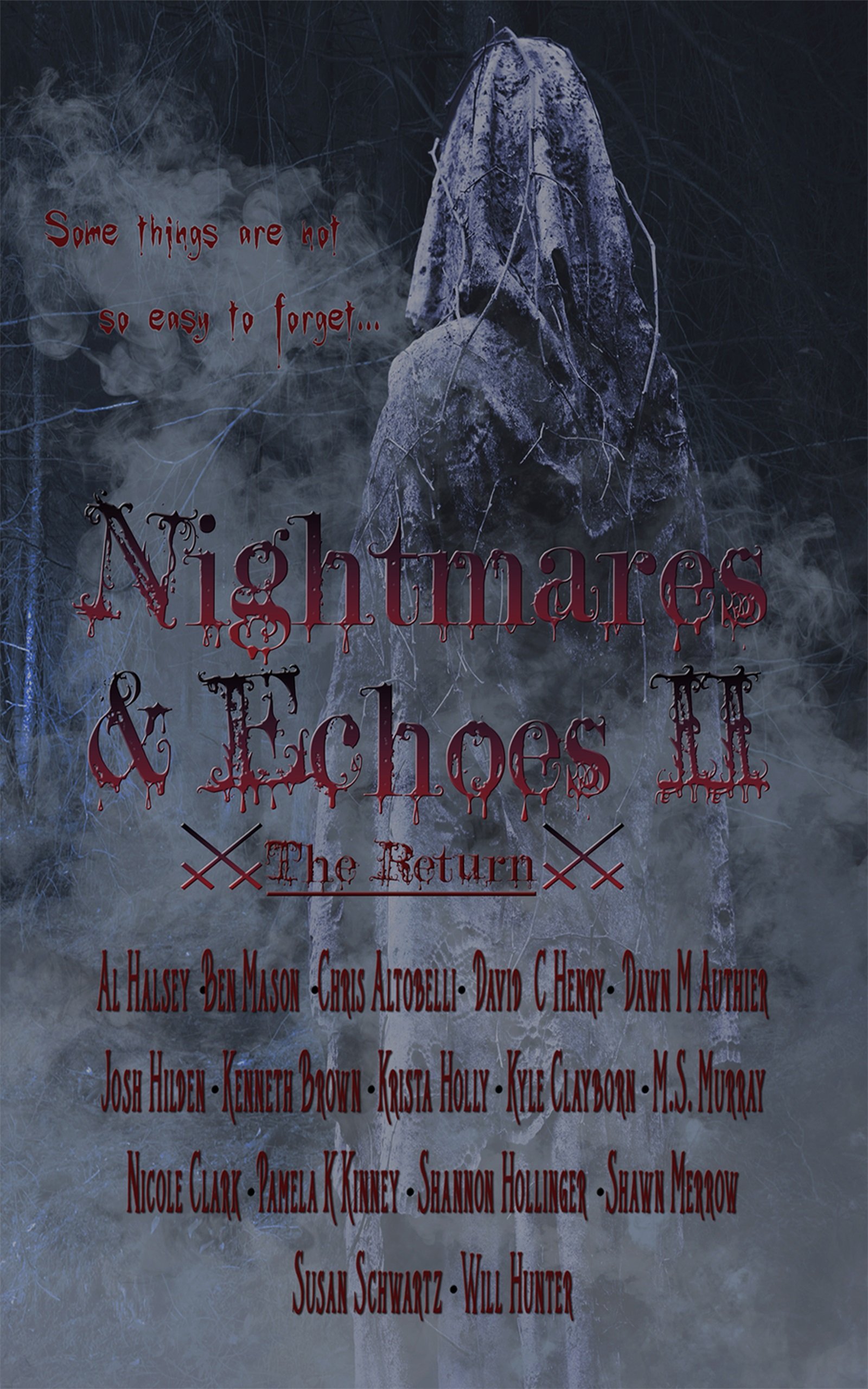The LGBT Frontline and my Final Thoughts of Indiana SB 101… For Now
/
“If we desire a society of peace, then we cannot achieve such a society through violence. If we desire a society without discrimination, then we must not discriminate against anyone in the process of building this society. If we desire a society that is democratic, then democracy must become a means as well as an end.”
- Bayard Rustin
On Thursday March 26, 2015 Mike Pence the governor of the state of Indiana signed SB 101, the so called Religious Freedom Bill, into law in a private ceremony. This is only the latest salvo from the extreme rightwing in the war for LGBT equal rights. The attempts by individual states, counties, and municipalities to limit or revoke rights from their LGBT citizens have been ramping up ever since the United States Supreme Court struck down the Defense of Marriage Act (DOMA) in June 2013 but the current round of fighting truly began during the 2004 presidential campaign.
In the beginning of the 2004 campaign it appeared there was a good chance George W. Bush would be relegated to a one term presidency. Even with a milk toast candidate like John Kerry there was a better than even chance the horrible policies of the previous four years might be abrogated to a degree.
Alas that was not to pass, and it was because of the gays.
During the 2004 campaign one Mr. Karl Rove, one of the most reprehensive national political figures of my life, concocted the modern version of the age old “The Gays Want To Rape Your Children” stratagem. To be fair Satan, I mean Rove, is a brilliant man. But so was Hitler and see how that ended?
(Yes I’m aware I Godwined this essay and I’m fine with that. Rove would have looked right at home with a red white and black arm band.)
Through a heavily monied rightwing network the Republican Party managed to make LGBT rights the wedge issue if the election as opposed to our illegal war in Iraq and the heinous things that were (and still are by the way, I’m still waiting for that CHANGE Mr. President) being done around the world in the name of the United States of America. That year saw multiple state constitutional amendments limiting the rights of their LGBT citizens. It was the biggest setback for equal rights in my lifetime.
But it was a blessing in disguise.
The blowback following the 2004 elections served to reignite the smoldering fire in the LGBT community. We and I mean we, started speaking out. Before the 2004 elections I never gave my opinion on LGBT issues outside of a small circle of family and friends for fear of outing myself. But my anger when Ohio, the place I’ve lived most of my life, but a state constitutional ban on marriage equality in the ballot I saw red. I argued against it with people who’d never realized I had a strong feeling on the issue. I didn’t come out, that had to wait eight more years, but it was the first step.
In June the Supreme Court is finally going to rule on the question of marriage equality. It’s expected that they will rule in favor of equality. This is kind of a shock considering some of the bullshit rulings the Roberts Court have issued (just Google Citizens United and McCutcheon). But just as we appear to have the next rung of the ladder in our hands a front of the war has erupted in violence.
Everything you need to know about the gay discrimination wars in 2015
By Jeff Guo February 25
Jason Moreau-McCoy, left, James Weaver and Darre Foret wave flags in support of same sex marriage outside the county probate court house in Mobile, Ala., on Feb. 9. (Dan Anderson/EPA)
In January, the Supreme Court signaled that the gay wedding wars may be reaching their final days. The court agreed to rule on whether bans on gay marriage — still on the books in more than a dozen states — are constitutional. That decision, which has the potential to make gay marriage legal everywhere, will be the last word on the issue for a while.
But the fight over gay rights continues in conservative corners of the country, where legislators are advancing laws that would, intentionally or not, ensure that gay people can be refused service, fired or evicted simply for being gay.
There are no national laws protecting against these forms of discrimination, so the matter has been left up to individual communities. A growing list of cities, for instance, are passing gay anti-discrimination ordinances, which has raised the ire of their more conservative state houses.
In this year’s legislative session, similar bills in several states are striking back against gay rights.
The proposed state laws fall into two categories. Some are anti-anti-discrimination measures that would prevent a state’s cities or counties from creating protections for gay people. A prime example is SB 202 in Arkansas, which became law Monday and will go into effect later this year. Arkansas and Tennessee are the only two states in the nation with such restrictions in place, which bar jurisdictions from exceeding state law on policing discrimination. Since both states allow gay discrimination, these laws require all their local communities to allow it, also.
In Arkansas, the town of Eureka Springs appears to be the only town with gay non-discrimination ordinances that would be struck down once SB 202 comes into effect. But the bill has spurred places like Conway and Little Rock to consider enacting such ordinances, as symbolic gestures and perhaps also as kernels for potential future lawsuits against SB 202. (UPDATE: Conway’s council passed a gay anti-discrimination ordinance protecting city employees last night.)
On Monday, legislators in West Virginia introduced a nearly identical version of the Arkansas law. HB 2881 would roll back gay discrimination protections across the state, affecting towns like Harpers Ferry, Morgantown, and Charleston, the capital, all of which have LGBT anti-discrimination ordinances on their books.
This also comes after the five-person town of Thurmond, W.Va., voted unanimously Feb. 9 to protect LGBT people from discrimination. “The big message was just, from the smallest town to the biggest town, West Virginians believe in equality,” one of the townspeople told The Post.
In another, more classic category are laws that would protect people who discriminate against gay people on religious grounds. There has been tremendous legal murkiness concerning when and in which contexts religious rights trump gay rights. These religious freedom bills would have religious rights triumph, always.
Yesterday, Indiana’s Senate passed SB 101, a broadly written bill that would shield anybody from laws infringing on the practice of their religion.
The bill’s authors argue that it is not an anti-LGBT law, but SB 101 has alarmed gay rights groups. They say the law would permit anyone to discriminate against gay people.
“We have seen this over and over — bills that say they are about protecting one thing when the real goal is to target and discriminate against LGBT people, with vast implications for everyone else,” Lambda Legal declared in a news release yesterday.
In Georgia, two very similar religious freedom bills were introduced in mid-February and they are currently in committee. Former Georgia attorney general Michael Bowers recently gave a venomous assessment of both. Not only are the bills “unequivocally an excuse to discriminate,” he wrote in a brief obtained by the Atlanta Journal-Constitution, but they also give broad license for anyone not to follow the law if they say it violates their religious beliefs.
“It is not just bad public policy; it is ill-conceived, unnecessary, mean-spirited, and deserving of a swift death in the General Assembly,” he wrote.
It’s an ironic turn for Bowers, who in the 1980s argued — and won — a landmark Supreme Court case upholding Georgia’s anti-sodomy statute. Lawyers today tend to regard Bowers as one of the worst decisions ever made by the court, and it was overturned 17 years later in Lawrence v. Texas.
Bowers wrote the brief for Georgia Equality, an LGBT rights group, who hired him to give his legal opinion on the bill. He told the Atlanta Journal-Constitution that despite the pivotal role he played in denying gay rights in the 1980s, he believes these religious exemption bills are terrible. “This isn’t about gay marriage,” he said. “It’s not about religious freedom. It’s about the rule of law. And I feel really, really strongly about it. And it doesn’t take a rocket scientist to tell you it’s a disaster.”
In Arkansas, the religious freedom bill HB 1228 passed the house and is under review by the Senate judiciary committee. The Presbyterian and Episcopal churches in the state have both come out against the measure.
“We must not legally empower dangerous rhetoric into action so that some religiously minded individuals might feel justified in their treatment of homosexuals and others who differ from themselves,” the Presbytery of Arkansas said in a statement to the Arkansas Times.
(UPDATE: The Senate judiciary committee rejected HB 1228 on a 3:3 vote today. Both Wal-Mart and Gov. Hutchinson criticized the bill on Tuesday. The HRC also launched an ad campaign against it today.)
In North Carolina, where gay marriage was legalized in October, lawmakers are proposing a narrower bill that would let government officials refuse to perform marriages or issue marriage licenses if they have religious objections. Yesterday, SB 2 advanced in the Senate on a 32 to 16 vote.
But bills like the one in North Carolina tend to be the exception. Broadness is a theme in most of the current anti-gay legislation, which may in part be a strategy to defend against legal challenges. The Supreme Court has tended to be skeptical of laws that target a specific group, so many of these bills speak only in the most general terms.
The vagueness can have unintended consequences. In January, a Republican state senator in Texas introduced a bill that would strip a vast array of powers from local jurisdictions. Unlike the anti-anti-discrimination laws in Arkansas and Tennessee, SB 343 does not limit itself to discrimination laws. It would prohibit any local government from having a law or regulation that is “more stringent that a state statute or rule.”
“The bill aims to curtail local laws that hinder free enterprise and businesses or hamper liberty, counter to the free market, limited government policies enacted by the state,” Sen. Don Huffines’s spokesperson told the Texas Observer.
Under any reasonable reading of SB 343, the bill would make it extremely difficult for counties and towns to pass laws, and hamper local control. Concern about the loss of local control was one reason that Arkansas Gov. As a Hutchinson declined to sign that state’s anti-anti-discrimination bill, SB 202, which became law without his signature. (Hutchinson also refused to veto the bill.)
In Texas at least, the bills that gay rights groups are condemning don’t seem to be going very far. SB 343 has not made it out of committee, nor have religious freedom measures HJR 55 and SJR 10.
In a nutshell these laws will, in theory, protect the religious rights of individual business owners from doing things against their deeply held and sincere religious beliefs. The theory behind it has been put into play in the Roberts Supreme Court Hobby Lobby ruling, Google it because I’m done dissecting the piece of shit. Suffice it say that was ruling which has given everything else traction. In essence a business in the state of Indiana (not a government service… yet) can now deny anyone they deem against their beliefs, discrimination has been made legal in Hoosier State.
Yeah, let that sink in.
Now both sides are freaking the fuck out, and when I say both sides I mean the five percent fringe on both sides that yell the loudest and get the most press. On the right the vocal minority is screaming about birthday cakes with dead baby scarifies on them for Satanists and how this about FREEDOM (their kind). On the left it’s about how if you own a business you have to do whatever your customer wants so shut the fuck up and smile asshole, and FREEDOM (their kind).
What about the rest of us.
What about me, what do I think?
I think the laws are a bathhouse reach around. They are worded to sound noble but the intent is to backdoor old school Jim Crow laws against non Christians. I have had people I respect try to convince me I’m wrong about this but I don’t buy it. The wording is too vague and open to interpretation form me to think anything dark thoughts about this law, and the Federal one it’s modeled on (Google the Restoration of Religious Freedoms Act RRFA, now that one has some chilling implications and it’s been the law of the land for over 20 years).
And yet I get why people are split. I don’t want the government telling me that I can and cannot do something I want within reason. Laws are needed and I KNOW that the minority must be protected from the tyranny of the majority, I think we fought a tiny war where that was one of the issues. So rights MUST be protected.
But there’s such a thing as going too far.
Should a Jewish Deli or Muslim restaurant be forced to serve ham because a customer demands it? Should a Hindu restaurant be forced to serve beef? Should a Christian business be forced to open on Sundays? I think we can all agree the answer to these and equivalent situations are a common sense “No”.
Now let’s get a little more nuanced, or at least nuanced for me.
Let’s take the universally loved scenario of a bakery, any bakery in America, and let’s say the owners are devote Christians. Are you with me so far? Good, now let’s say a nice gay couple comes in one day and they want this bakery to make them a cake for their wedding. This devote bakery owner isn’t comfortable with it because they believe it’s wrong by their faith. I’m okay with that, I think they’re narrow minded and bigoted but that’s they’re problem.
Now for the proverbial monkey wrench in the works.
Say that same nice gay couple comes in to the same bakery run by the devote Christian in order to by a couple of cupcakes. The devote bakery owner thinks gays are bad because his magic book tells him they are and he refuses to serve them and tells them to leave his store. These people did nothing wrong they are simply denied service because of who they are.
That’s discrimination and that’s the part I will never be swayed on.
- Josh









































